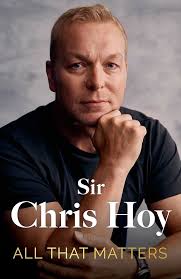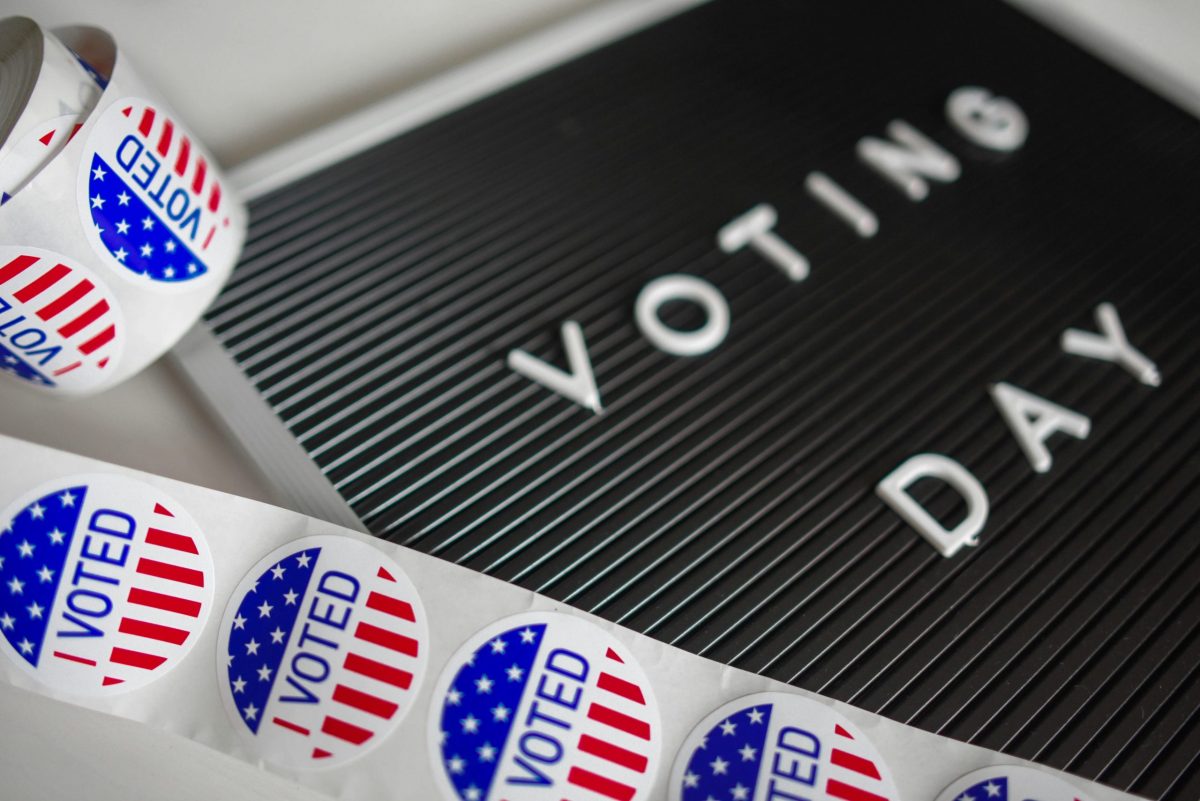I was shocked and saddened by the recent news that Sir Chris Hoy has been diagnosed with terminal cancer at just 48 years old.
What struck me most about hearing the news and seeing the television interviews with Chris was his demeanour. He seemed so calm, collected and unflinching. I knew he was renowned for his mental toughness, but even so, it was remarkable.
The book is an emotional roller coaster and begins in the pits of despair, immediately getting into the details of the cancer diagnosis. It wasn’t an easy listen. The utter devastation of learning not only that he had the disease, but that it was incurable was laid bare. Sir Chris details the feelings of panic, desperation and utter shock given that he was so young and otherwise exceptionally fit and healthy.
In the first weeks and months after the diagnosis Chris cites the love and support of his family as his saving grace, especially his wife Sarra. It was her reminder that his prognosis was measured in years, not weeks or months, that provided the greatest comfort and allowed him to begin the process of embracing life again.
As difficult as the early chapters are, there are small indications that the author is beginning to process the news, in all its magnitude, and even finding glimmers of hope. As the book progresses, we get an insight into the mental strategies Chris uses to get himself from utter devastation, to acceptance and ultimately to hope for the future. Many of these are the same strategies Hoy used to achieve Olympic success and are useful to anyone dealing with adversity.
The one that stuck out most was ‘control the controllables’. In such as difficult situation it would be easy to feel hopeless. But by focussing on what he could control, Chris was able to give his all to his treatment, spend quality time with his family and even think about making an impact on other people with a diagnosis of stage 4 cancer.
British cycling is synonymous with the theory of ‘the aggregation of marginal gains’. Put simply this means the team would look at every process and procedure and how each one could be improved, even by a small amount. Together these small gains turn into something significant.
And that in essence is how Chris Hoy is able to go on TV in front of millions of people and talk about his terminal cancer without a hint of a quiver in his voice. Not because he is super human as I had imagined but because he consistently takes small steps to tackle the adversity he has been confronted with and to keep his mindset positive.
He takes control of where his thoughts go. He readily admits they still go to dark places but he has learnt to bring them back, to redirect them. He mentions friends who have died suddenly, with no warning and no opportunity to express to their loved ones how much they mean to them before they go and is grateful that he at least has that. He is grateful that there is treatment available that can prolong his life, and although aware of the gravity of his situation, takes hope from the fact that a significant percentage of people with his diagnosis, that have received the same treatment as him, have far exceeded the prognosis it usually brings.
The key lessons I have taken away from this book are:
- Get tested – No matter how healthy you feel it is important to be regularly tested. Sir Chris was exceptionally unlucky, stage 4 prostate cancer in someone his age is very rare, screening doesn’t begin until 50. For many of us, knowing our blood pressure, cholesterol and blood sugars will be the most significant health measures of which we need to be aware. But if you are high risk or have a family history of certain illnesses, take advantage of whatever testing is available.
- Control the controllables – Chris Hoy is a great example of dealing with adversity but focusing on what’s in our power to control, especially our thoughts and our focus.
- Build your troop – have a close knit group of people around you that you trust and can depend on. Their opinions matter, no one else’s.
- Set clear goals – we are more likely to achieve what we desire if we have a clear goal to work towards. This was critical to Chris Hoy’s Olympic success and in his ability to confront his diagnosis.
- The power of reframing – the ability to look at situation from a slightly different perspective. Chris Hoy talks about his amazing support network, that he has already lived most of his dreams, that there is treatment available and the potential for more scientific breakthroughs.
- The importance of embracing the present moment – none of us know how long we have left, and no matter what the answer to that question, embracing the present moment is key to living a more joyful, and fulfilling life. It’s about being where you are, fully engaged in the current moment, and not letting your thoughts pull you away.
To sum up, All That Matters is highly emotional, although sad in parts, it is not a sad book. In fact, it is full of hope. Chris Hoy is a remarkable athlete who inspired millions with his heroics in the velodrome and will undoubtedly inspire millions more as he tackles his cancer . The NHS has already reported a massive surge in visitors to its information pages on prostate cancer and the publicity of his illness will ultimately lead to many lives being saved.
Buy All That Matters on Amazon
Listen on Audible


 This week, it’s been difficult to avoid the hype and speculation around the US election. It’s easy to get swept up in the news cycle and feel anxious about what’s to come.
This week, it’s been difficult to avoid the hype and speculation around the US election. It’s easy to get swept up in the news cycle and feel anxious about what’s to come.